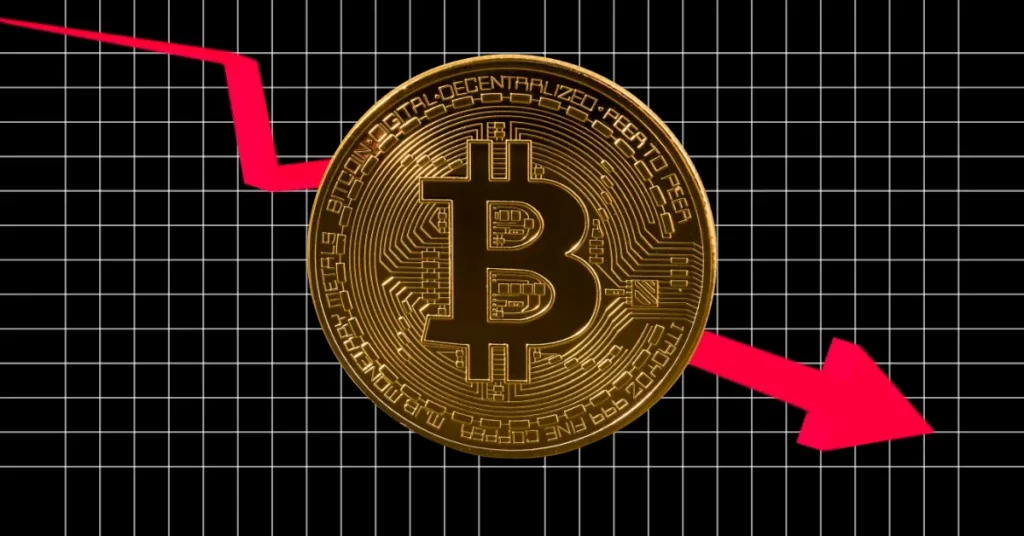Patrick Hansen, a senior policy executive at Circle, the issuer of USD and Euro stablecoins, is positive that Euro-based stablecoins will continue rising in the coming days. Taking to X, Hansen noted that the number of transactions conducted using Euro stablecoins is 1.1%.

Will Euro Stablecoin Usage Pick Up Steam From July?
This figure, the executive noted, is at an all-time high, rising from near zero a few years ago. Although USD-based stablecoin transactions account for over 90%, this figure will likely shrink as more issuers seek to build out of Europe, issuing Euro stablecoins.
Currently, USDT is the largest stablecoin tracking the USD. Tether Holdings issue it and has a market cap of over $112 billion, according to CoinMarketCap.
Even so, unlike Bitcoin or Ethereum, each USDT in circulation is pegged to the USD, meaning it is not volatile. At the same time, regardless of the issuing platform, the token is theoretically backed by cash and cash equivalents like United States Treasuries.
However, the slow progress in drafting and implementing stablecoin laws in the United States is a huge impediment to growth. Thus far, the United States Securities and Exchange Commission (SEC) and its chair, Gary Gensler, have been accused of deliberately ruling by enforcement, especially regarding crypto companies.
Things are different in the European Union. After years of refinement, the region is on the cusp of significantly changing its relationship with crypto and stablecoins. The Markets in Crypto-Assets (MiCA) regulation, a comprehensive framework designed to govern the digital asset market across member states, will be enforceable from June 30 after being approved in April 2023.
MiCA Will Be Enforceable From June 30: A Boost For Circle?
The MiCA framework is overseen by the European Securities and Markets Authority (ESMA). This regulation will expressly bring order and, most crucially, transparency to the European crypto scene. MiCA mandates stricter regulatory requirements for stablecoins issued by entities operating from the EU.
Although its implementation is phased, the first deadline, on June 30, demands compliance from asset service providers and crypto businesses like exchanges operating in the zone. For instance, all exchanges, including Binance or Kraken, must register and enforce KYC and AML requirements. Failure to do so could lead to huge fines or even straight bans.
Hansen views this as a positive for the stablecoin scene and would only see the share of Euro-dominated stablecoins rise throughout 2024.
By December 2024, all stablecoin issuers in the EU must enforce strict capital and reserve obligations. This requirement won’t affect Circle alone. Tether Holdings and others operating outside the EU but serving EU residents must comply.
As MiCA becomes a reality, Binance, the world’s largest exchange by client count, said it would restrict “unauthorized” stablecoins for its EU clients starting June 30. Meanwhile, OKX said it would ban USDT trading among EU users in March.





